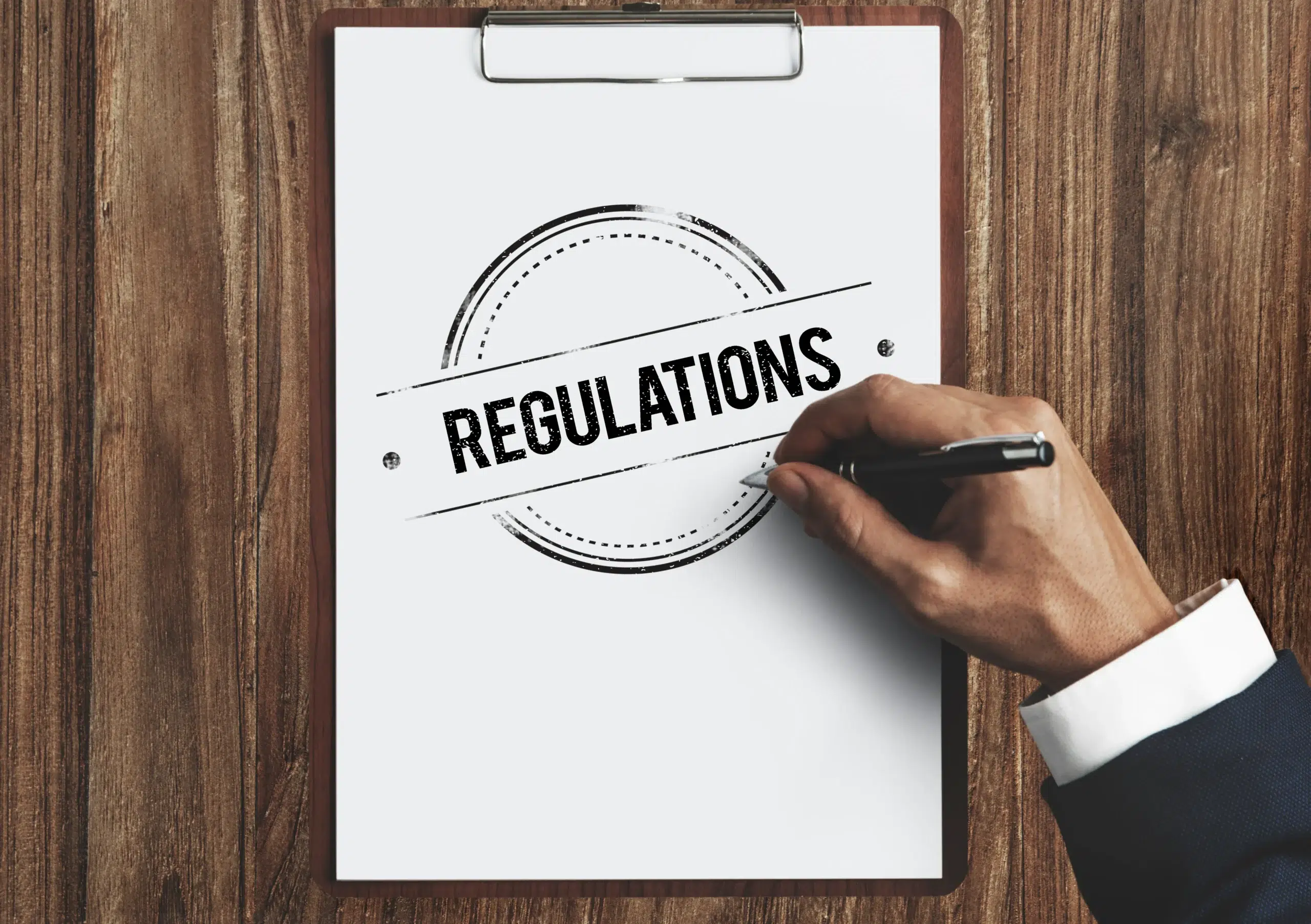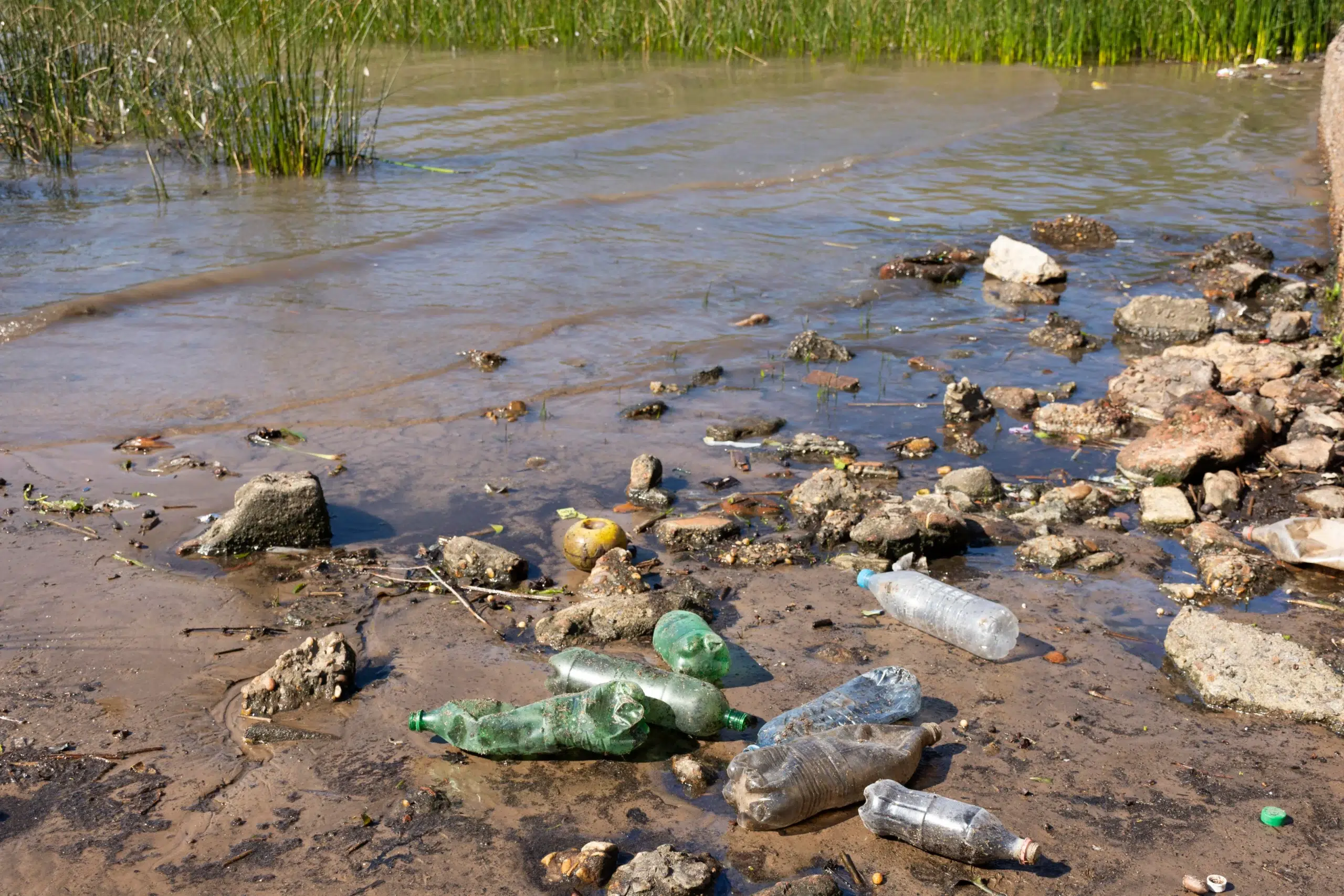Industrial and commercial development is still growing in the manufacturing, infrastructure, and energy sectors in Kerala. As this has grown, environmental sustainability is a crucial issue that businesses are now required to consider. The pollution control board approvals are among the most significant regulatory requirements of businesses. These approvals are not just formality but major compliance processes that will harmonize the industrial operations with environmental protection. In some states such as Kerala where the balance of the environment is a civic agenda, the demand is that the businesses should exhibit a high level of conforming to the environmental standards in their pursuit of economic growth. This roadmap discusses compliance framework, regional considerations, and what expert consultancy can do to help with the approvals.
Statutory compliance consulting is crucial in assisting organizations to go through this process. It helps the company to avoid non-compliance risks by utilizing a seasoned leadership approach and concentrating on the main business.

Understanding Pollution Control Board Approvals
Regulatory permissions issued by the Kerala State pollution control board are the pollution control board approvals. They are applicable to both new industrial applications and to the operations in progress, in terms of air, water, and hazardous waste management. In the case of the majority of businesses, there are two clearances that are mandatory which include Consent to Establish (CTE) prior to opening, and Consent to Operate (CTO) during operations. Such approvals make sure that projects comply with environmental safety and are conducted at a certain limit of emission and waste disposal.
This proactive strategy is frequently given importance in business advisory services, and compliance planning is related to the overall organizational objectives accordingly.
The Regulatory Landscape in Kerala
The Kerala State pollution control board operates under the provisions of the Central pollution control board (CPCB). It implements environmental laws that are specific to the environmental and industrial dynamics of the state. As an example, densely populated districts such as Kochi and Thiruvananthapuram will require more stringent air and noise pollution control than less densely populated districts.
Other than the national legislation like the Air (Prevention and Control of Pollution) Act, 1981, and the Water (Prevention and Control of Pollution) Act, 1974, Kerala makes state-level provisions. These contain issues such as coastal protection, municipal waste treatment and seasonal agricultural pollution. In the case of industries, compliance is not only about acquiring permits, but also entails constant monitoring, reporting and compliance with the recommended standards of operating.
Gaining pollution control board approvals is also connected with wider certifications. Indicatively, a significant number of organizations combine their compliance standards with ISO certification in Kerala, which has ensured operational excellence, but at the same time, environmental responsibility. Such a two-way strategy is not only complying with local authorities, but it also improves the international reputation.
Contacting consultants during the project cycle will help to ensure that business launch schedules correspond with approval timelines, and therefore there would be little risk of delay.

Industry-Specific Considerations
Industries have different compliance issues. Plants that deal with chemicals are supposed to be able to prove extensive waste treatment facilities, whereas companies dealing with food and beverages are to demonstrate safe water usage and disposal areas. In the case of the construction industry, construction permits are often dependent on dust and noise management because such projects are often located in and around communities.
The energy industry and renewable energy is undergoing a fast development in the state of Kerala in efforts facilitated by the Ministry of New and Renewable Energy (MNRE). The issue of MNRE approvals and pollution board clearances is becoming more pertinent to solar, wind and biomass projects. These two layers of compliance ensure long term sustainability commitment of a company.
Besides, the attention given to tourism and other economic initiatives in eco-friendly states imposes further burden on the business. As an example, hospitality projects in the backwater areas will need to comply with waste management standards in order to safeguard the delicate ecosystems. Lack of compliance may lead to both regulatory and reputational losses.
Increased interaction with seasoned consultants in these situations makes customized compliance plans. By responding to the statutory requirements as well as industry specifics, organizations can ensure operational sustainability as well as make a constructive impact on the environment.
The Role of Consultancy Support
Approval navigation needs expertise and familiarity with regulation. Although bigger companies can work with their own compliance teams, small and medium enterprises (SMEs) tend to use the assistance of external consultants. These professionals deal with documentation, liaise with regulators, and recommend on the changes in infrastructure required to be approved.
Initial approvals are not the only consultancy services. They also help in renewal applications, regular environmental audits and staff training on the updating of regulations. This continuous support is priceless in Kerala where environmental laws are being adjusted to keep in touch with the ecological realities.
An illustration is an SME that installs a chemical processing facility in an area close to Kochi and has intricate wastewater disposal conditions. A consultancy business can also assist in designing compliance systems that are not only acceptable in terms of the approval terms but also can be coupled with the larger sustainability plans.
Advisory firms such as Fincrest provide this continuity and compliance is made an enabler and not an inhibitor to growth.
Global Relevance with Local Adaptation
Although this guide addresses Kerala, the rules of compliance with pollution control are applicable globally. Most nations require environmental certifications prior to issuing operating licenses and with the growing use of ESG (Environmental, Social, Governance) standards, compliance has become a strategic concern. Nevertheless, approval processes are always affected by localized factors. In Kerala, the regulatory framework in the area is different due to factors like coastal vulnerability, the high literacy-based scrutiny of citizens, and involvement of communities.
Companies that are going global in Kerala have to adjust compliance strategies to these local realities. This involves the need to balance at the global level sustainability commitments with the expectations of state regulations. Such a balance enhances business resilience and it creates long term relationships with local partners.
The consulting partners can fill this gap by putting global standards into a local compliance context of Kerala.

The approvals of the pollution control boards in Kerala are not just a statutory obligation. They reflect the interest of the state to balance industrial development with environmental conservation. To business, compliance is a business opportunity more than an administrative challenge. Through the combination of approvals with other frameworks like the ISO certification in Kerala and the MNRE approvals, organizations can increase their credibility and ensure the continuity of their operations.
The directives of skilled consultants keep the companies afloat in a competitive business environment: both in compliance and in agility. To businesses venturing or venturing into Kerala, partnership with trusted agents such as Fincrest offers a well-organized way of aligning itself with the regulations and achieving sustainability.

